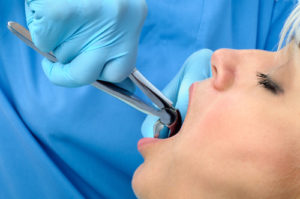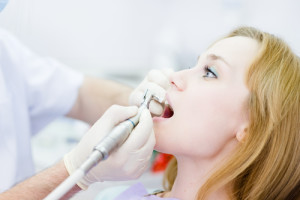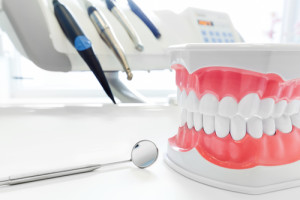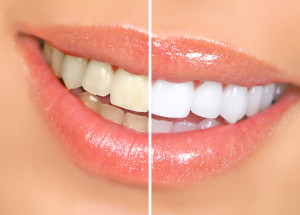Hundreds if not millions of people around the world tend to suffer from a common problem or nuisance, and is a fact that losing a tooth is something that at this point of humankind history shouldn’t be a surprise since there are lots of health issues or things like infections that could develop into tooth decay.
Any other problems that will make you ask for dental extractions to avoid risking your other healthy teeth in the process, but what are dental extractions, and who perform such an important procedure? Stay tuned to discover every single one of these topics.
What are Dental Extractions?
In simple words, it will be the surgical procedure lead by a dentist or oral surgeon that will do what is possible to remove or extract an unhealthy or infected tooth that is likely to cause problems in the future if a solution or decision is not taken at the moment.
Dental extractions can be performed by your local dentist or even by an oral surgeon in case that you are also suffering from deeper issues like infections that could spread to your healthy teeth or tooth decay that needs to be solved as soon as possible to avoid losing more parts of the affected tooth.
How Dental Extractions Work?
First of all, you need to know that there are two ways of performing this procedure, the first one will be the traditional one where you will be receiving some anesthesia and then the dentist will proceed to extract the tooth without too many problems just making some cuts or putting some other medicine to speed up the process, this case is commonly used in people with tooth decay when the tooth is almost out of its place and no further movements will be required to get it out of there.
The second way of doing the procedure is by breaking the damaged tooth into multiple parts and then removing each part of that tooth, while this may sound painful it’s surprisingly very straightforward since you will be under anesthesia, however, those procedure is only performed when you count with a tooth that it looks almost normal or it has not been broke or affected by any decay, for that reason, the westerville dentist will destroy it to make everything easier and to make sure that nothing is left on the jawbone.
Benefits of Dental Extractions:
- First of all, acceding to remove a damaged or infected tooth will increase your life quality since it will reduce the risk of suffering from any infection that could spread in the future.
- You will not feel any pain after the procedure even while waiting or chewing food since the tooth that was causing all of those pain episodes will be already gone.
- After removing the tooth, you can ask for dental implants or crowns that will help you to fill that empty space of your mouth, the good thing about this kind of things is that there are a lot of possibilities after the surgery to fix your situation, you just have to look and ask dentist and orals surgeons.
 hygiene! Some of us pay little or no attention to this very important detail, but we really have to start taking care of our teeth. This is because of that smile that we sometimes put up that most of the time is a gateway to our overall health. Another reason to pay close attention to oral hygiene is because it plays a big role in how younger we look, which is also important. An important exercise for oral hygiene that is greatly ignored by many is flossing. I know some of us think just brushing our teeth is important but still, flossing is also an essential part of taking care of our oral hygiene.
hygiene! Some of us pay little or no attention to this very important detail, but we really have to start taking care of our teeth. This is because of that smile that we sometimes put up that most of the time is a gateway to our overall health. Another reason to pay close attention to oral hygiene is because it plays a big role in how younger we look, which is also important. An important exercise for oral hygiene that is greatly ignored by many is flossing. I know some of us think just brushing our teeth is important but still, flossing is also an essential part of taking care of our oral hygiene. to keep the mouth healthy without odor.
to keep the mouth healthy without odor. university. Orthodontics is specialized dentistry branch concentrating on development of teeth, jaws and face to reach best function and aesthetics. It is usually achieved using clear removable aligners or fixed braces.
university. Orthodontics is specialized dentistry branch concentrating on development of teeth, jaws and face to reach best function and aesthetics. It is usually achieved using clear removable aligners or fixed braces.